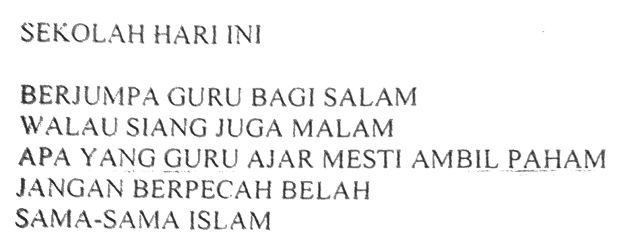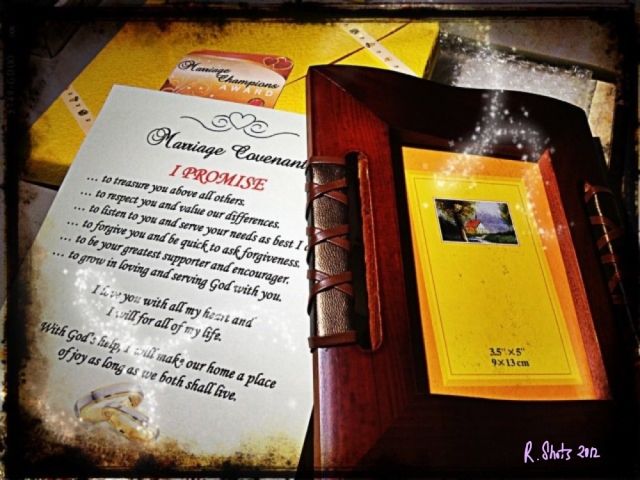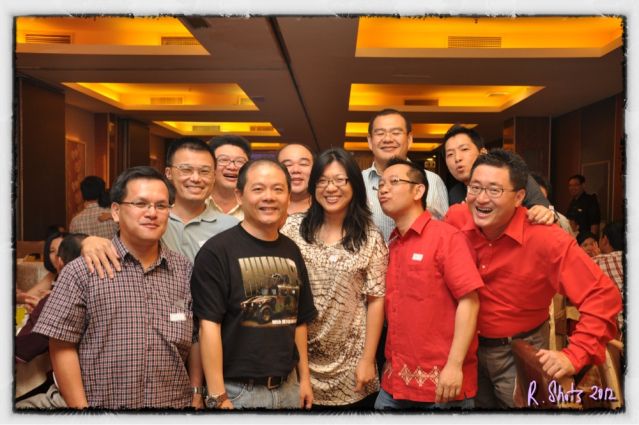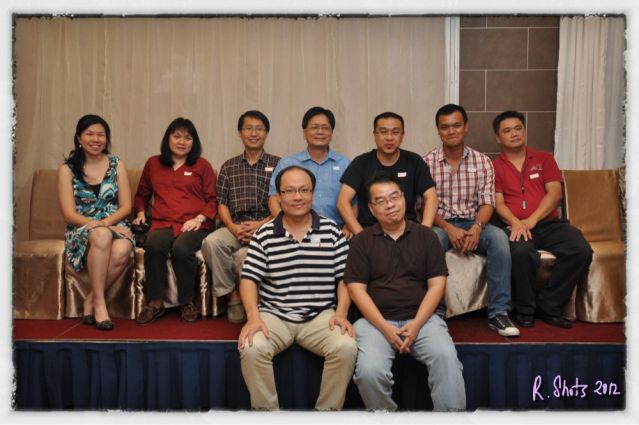I learned that the Masonic Temple in Chicago, 1895, was the tallest building back then at 22 stories. We've hit 3 digits in the number of floors in a building, just slightly a century later. The current tallest building is Burj Dubai. And I finished the book convinced that despite what we think, know or feel about something, nothing is new. Everything that is, has been.
This is a non-fiction, another random pick. I seem to have a penchant for picking non-fiction these last few months. Anyway, this is a book packed with the history of Chicago. The reader is brought into the life of Herman Webster Mudget a.k.a H.H. Holmes, a doctor and a serial killer, much like Jack the Ripper who was on a killing spree on the other side of the Atlantic at about the same time.... the devil in the gleaming temporary city, the World Fair in Chicago.
It was an age of great innovation too. If we think ours in a generation of great innovation, it might be sobering to read about the late 19th and early 20th centuries as well. Each era has its own innovations and amazing discoveries. The city of Chicago had bad pollution problems back then too, with all kinds of putrified stuff oozing their way into the waterways from petrified animals in the slaughter houses and stench hanging in the air. Horses' manure polluted the environment much like our cars do today. We traded one evil for another without realizing it.
We read about the great architects like Daniel Burnham, Frederick Olmsted, John Root who lived in an era of greats like Edison, Eiffel, PT Barnum, mark Twain, William Cody; just as America was beginning to stamp her mark in the world. Currently our greats are defined by names like Gates, Jobs, Brin, Zuckerberg and so on. Some eras are marked by great conquerors, others by great architects, inventors, thinkers, explorers, engineers, musicians, 'war mongers', scientists, physicists, entrepreneurs and so on. To put it crudely, one can actually also see 'peer pressure' at work here. And they come in waves too... interesting, isn't it?
I got my girl to play these notes on the piano.... LOL! Everyone knows this tune! I always knew it as the snake song. Sol Bloom who developed the Midway Plaisance (the amusement park area) at the World Fair, apparently plinked it out as an adhoc measure for the belly dance show for the fair because the musicians had no idea what to play to accompany the dancers. Belly dancing was a new thing then. He was only 23. The young geeky entrepreneurs of our era shouldn't be a surprise to us. Young successful entrepreneurs have been there for a long time, with that same sense of dare to dream.
Also, the rise and fall of the financial markets are more common than one thinks. For every news of impending economic meltdown that sends the financial markets into frenzied worries and sometimes collapse, I learn that recorded history has many of these events too. Every fall precedes a rise... the law of gravity is at work here too. Right now we have the Greek and European crisis. Well, the world has seen many of these. Too bad that the only reference of an economic meltdown that our kids get to read is that of The Great Depression in the 1930s, and that also with such brevity. Our history books in Malaysia are muted to the turmoil and despair that plagued the lives of those badly affected by it. Depressions are more common than we think and I think the study of History in our schools does no justice to prepare us for the global world. People go through depressions too...One thing I like about reading these days is the speed that I can do cross references on the net. Ours is supposed to be a generation of information free flow. Yet I find it disheartening that many of our kids do not make full use of this innovation. I learned a great deal about the different architectural designs from the wanderings into Google-world in between chapters. And one more thing, the Ferris wheel. The World Fair had the biggest ferris wheel on display. At full capacity, more than 2000 people could be rotated on it! And the engineer who designed and built it was George Ferris.
But above everything else, I realize too that for all that we achieve and own, they matter not to us when the final curtain is drawn. All that is left eventually are just memories and they too, turn hazy after a while. The memories we carry in our head get distorted over time. The same goes for great events. What we remember are basically what is written, rehashed, rephrased to the sway, bend (call it by whatever term) of the writer. It is interesting to note that as Holmes, the serial killer sat in his cell, he wrote his version of his life. In the end, no one really knows how many murders he committed.
I like how one section of the Acknowledgement by the writer very much.... as he acknowledged his wife for her help in his work, daughters for showing what matters and dig this.... his dog for showing that nothing matters but dinner! That basically sums up life... Our lives are enriched by our help/soul mates. The kids? Well, they're a joy to have but also a humbling experience too for they teach us priorities. And finally the dog - life is about the present. We should neither dwell too much on the past or the future. The past is a lesson, the future unknown. We can plan but we have no total control over it. And it's for one simple reason. Mortals do not go on forever.
Book 13. Very, very good read. Insightful.









